something to look at
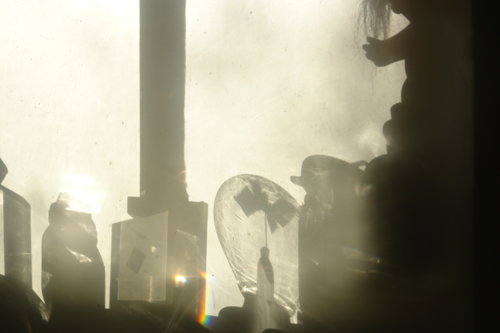
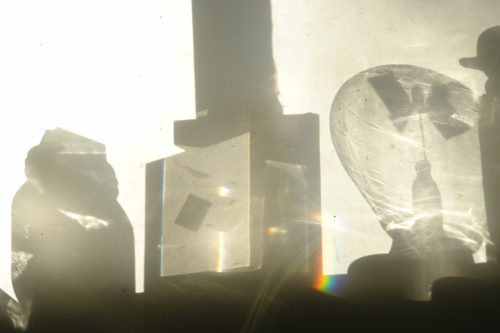
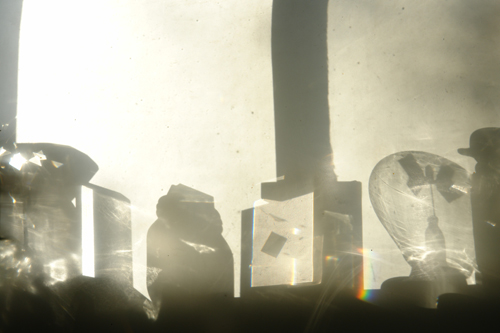
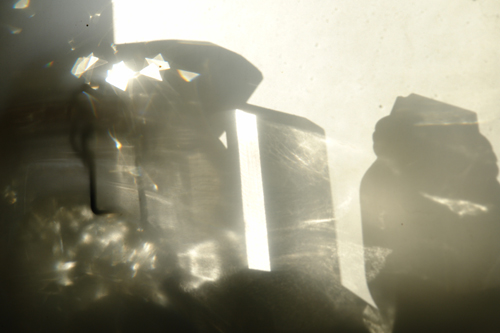
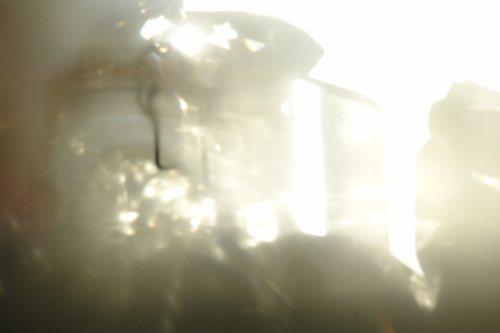
Just something to look at.
gray elephants
“Grandma was always out rustling . . . looking for white elephants at the auction rooms . . . she brought back everything, oil paintings, amethysts, whole forests of candelabras, cascades of embroidered tulle, cabochons, pyxes, stuffed animals, armor, parasols, gilded monstrosities from Japan, alabaster bowls and worse, gimcracks without a name, and objects nobody ever heard of. . . .
At the Passage she helped us as long as she could with what junk she still had left from her stock. We only lighted one window, that was as much as we could fill . . . It was a discouraging lot of bric-a-brac, decrepit with age, gray elephants, crap; if that was all we had to sell, we were sunk.”
—Louis-Ferdinand Céline, Death on the Installment Plan, Translated by Ralph Manheim, 1966.
back online!
After a week or so of inter-server confusion, DJ Misc is back online! The only bad news is that I lost all the pictures from the old server. They were so deeply embedded in the text, or something, that . . . well . . . they’re gone.
I know that many of you prefer pictures to text, I know that, so I’ll post some new pictures soon.
an historic moment

“I have been fortunate to witness several great moments in graphic design history, but none more overdue than the day The New York Times finally dropped the period from its masthead.
Newspaper mastheads traditionally placed a period
after the name, but by 1900 most papers had given up the practice. . . . Meanwhile, the period appeared day after day and week after week consuming ink, I estimate, at the rate of $84 a year.
It was not until 1966 that the Times concluded there
was little to be gained from further procrastination. . . .
The ailing masthead was brought into our quarters on
the appointed day. When the operating table was duly set Ed Benguiat,
after honing his trusted scalpel to a fine edge, administered four deft
strokes of the blade, severing the period with a minimum of discomfort.
. . .
It was an historic moment. . . . I hope we returned the severed period to the Times as a valuable contribution to its archives.”
—Edward Rondthaler, Life with Letters as they Turned Photogenic, 1981.
a media empire
Regular readers may have noticed that I haven’t posted anything new for three days. This is in anticipation of an upgraded site and a new server! I’ve been holding off on the latest entries because I want them to be beautiful and linkable. So, while it may seem that nothing much is happening here, big changes are coming.
From the new server I’ll be able to run up to 100 websites. Visions of a media empire are dancing in my head!
The letter M
“The letter M is identified by two independent but generally ascending and more or less symmetric lines joined at or very near their tips by the ends or near-ends of a more or less v-shaped and generally symmetric pair of lines whose crotch or point of convergence does not fall below the imaginary baseline.”
—Edward Rohdthaler, Life with Letters, 1981.
What shall we call a “thing”
“‘What shall we call a “thing” anyhow?’ [William] James asks. ‘It seems quite arbitrary for we carve out everything just as we carve out constellations, to suit our human purposes.’ . . .
In counting the stars and finding a resemblance, we in one sense discover what was always there, but in another, by adding to it, create something entirely new.”
—Dennis Ford, The Search for Meaning: A Short History, 2007.
Modernization
“Modernization forces upon us a world that is denuded of all humanly recognizable qualities, including beauty and ugliness, love and hate, passion and fulfillment, sin and redemption. A person who restricts his or her attention to only what can be counted, measured and weighed lives, necessarily, in a very poor world.”
—Dennis Ford, The Search for Meaning: A Short History, 2007.
the interval
“There is no cure for birth and death save to enjoy the interval.”
—George Santayana, quoted by Dennis Ford in The Search for Meaning: A Short History, 2007.